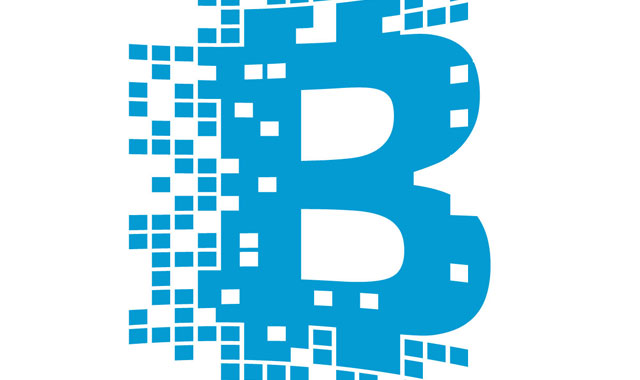
Digital distributed ledger technology, dubbed the “blockchain”, is being over-hyped, at least in the short-term, said Gartner’s senior vice-president for technology, Peter Sondergaard.
Blockchain acts as a digital distributed ledger to confirm batches of transactions for the likes of cryptocurrencies such as bitcoin.
But the technology has been grabbing the attention of banks across the globe for its potential to take over functions such as verifying payments.
In July, Absa announced that it’s joined the R3 blockchain consortium. This global consortium represents over 50 major corporations and the banking group said it would be working with other banks to develop Africa’s first distributed ledger-based banking solution.
Yet, amid the financial sector’s growing focus on the blockchain, Sondergaard said that it could take a while before consumers and the industry start to see the effects of the technology.
“I think it’s a fascinating area to keep an eye out for but I think it’s being over-hyped right now,” Sondergaard said at the Gartner Symposium in Cape Town.
“I think it’s being over-hyped from the aspect of its short-term impact because there are still technical things that you need to solve and scale and there are still counter-aspects — business model-wise — that aren’t necessarily fully clear.
“I think we will have it play a role because it’s an extension of peer-to-peer models and we already have peer-to-peer models that impact our lives today. But when you overlay it with the requirements of everybody having the complete ledger running on your environment, it starts to be very heavy as you scale it,” he added.
While blockchain potentially threatens the clearing-house model of banks, Sondergaard said that the technology further presents an opportunity for the financial services sector.
Sondergaard said that blockchain, for example, “brings an opportunity to actually drive cost of money down” in the financial services sector.
However, he explained that the technology, because of its contract clearing features, could be adopted by other sectors and industries over the next few years as well.
“Blockchain equally makes sense in other places and I think we will throughout the next 12 months see announcements, even from the larger vendors, that start to propose that this could be used in other aspects such as contract clearing. Certainly, we talked about the shipping industry before,” said Sondergaard.
“The shipping industry is a classical hub-and-spoke model in which that clearing that happens, and if the clearing can happen at the edge, will be much more efficient,” he said.




